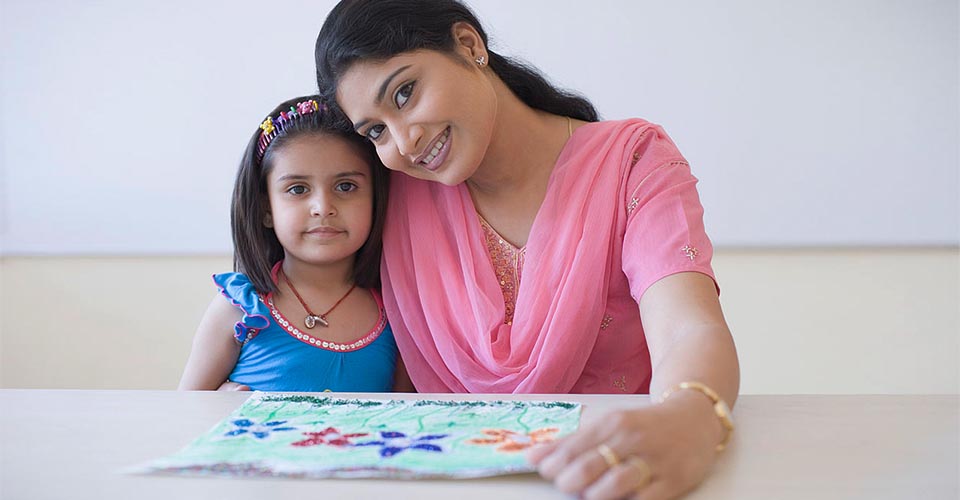Learning Models Are Improving Keys For Your Pre And Primary Teaching Career
11th April 2019

Today, the professional environment is incredibly competitive. Lifelong education is the key to bring success in this scenario and to achieving your personal and professional goals. Though ideal for most, the traditional classroom setting can be very limiting for some, and it is here where the prime challenge of being a teacher comes into play. With relevance to your diploma in pre and primary teacher training you need to strategies the instruction processes. This would automatically require you to comprehend learning models’ styles before you can actualize the learning.
Understand the learning model:
A cognitive learning model would help the younger ones in their learning processes – to remember and recall a logical and meaningful information out of the lesson or topic or contents. There are three different type of theoretical approaches to learning that inform the teaching practice. These range from instructive, tutor-centered classroom approaches to student-centered discovery learning the involving action and interaction. This would enable the teachers to focus on the following learning models:
a) Constructive
b) Collaborative
c) Experiential
d) Problem-based
It must be remembered that the methods are not mutually exclusive. For instance, in particular areas the constructivist and collaborative learning work together well. In many cases, tutors use a variety of approaches to meet the needs of their learners.
Consider the ARCS model…
Theoretically the concepts of ARCS model rely upon the points of attention, relevance, confidence and satisfaction. The diploma course in pre and primary teacher training would explain why the John Keller’s theoretical framework is a great guide for you to develop, design or strategically value the processes.
According to John Keller attention can be gained in two ways: perceptual and arousal. That is using surprise or uncertainty to gain interest. Uses novel, surprising, incongruous and uncertain events.
Inquiry arousal is going to stimulate curiosity by posing challenging questions or problems to be solved. The concept of arousal works on the stimulus. In this respect the gathered information has a direct connect with the behavioral postures, as part of the responses generated by the learner. Maintain an interest by varying the elements of instruction.
Relevance is to focus within the instructional strategies. This would enable them to increase motivation by using concrete language and examples with which the learners are familiar. Following are the major strategies for accomplishing the following:
a) Experience – Here you need to tell the learners how the new learning will be used in their existing skills.
b) Present Worth – What will the subject matter do for me today? That is focus on the lesson planning and instruction part.
c) Future usefulness – Need to prepare a scheduled sheet which is manageable and will be effective in achieving the learning outcomes.
Confidence building is another round that you need to instill among the learners. It will help the students in developing a positive outlook out of every challenge. As part of the diploma in pre and primary teacher training the amount of confidence level would allow learners to succeed. But at the same time this would mean that a certain degree of challenge can led to a logical outcome and help the learner in gaining success.
It is in this respect the learners control mechanism must be laid on. The learners should feel some degree of control over their learning and assessment and should believe that their success is a direct result of the amount of effort they have put forth.
Satisfaction is another essential component in learning which would provide intrinsic and extrinsic motivation for further success of the learner.
